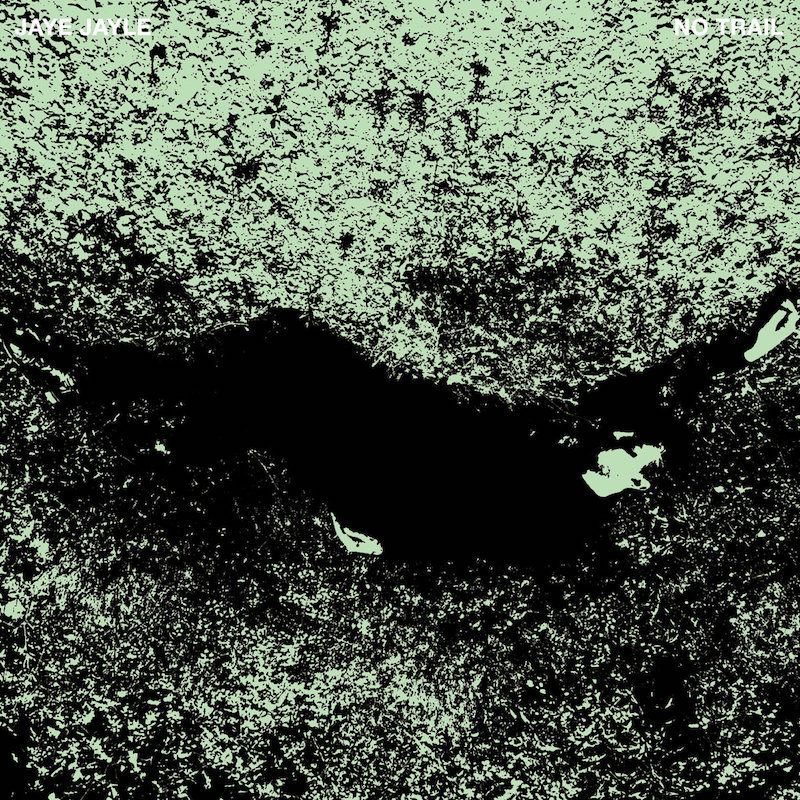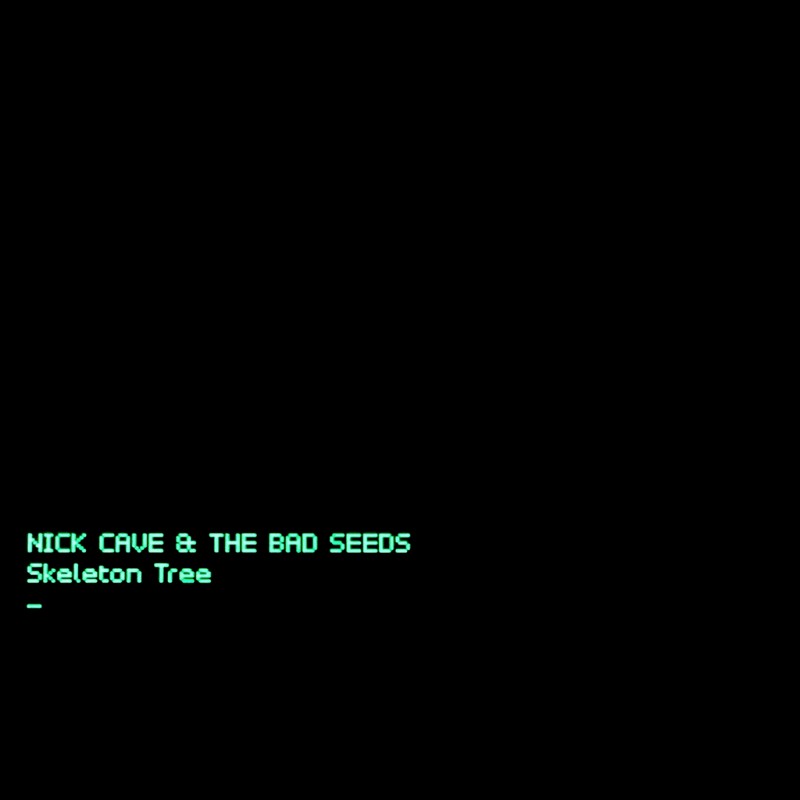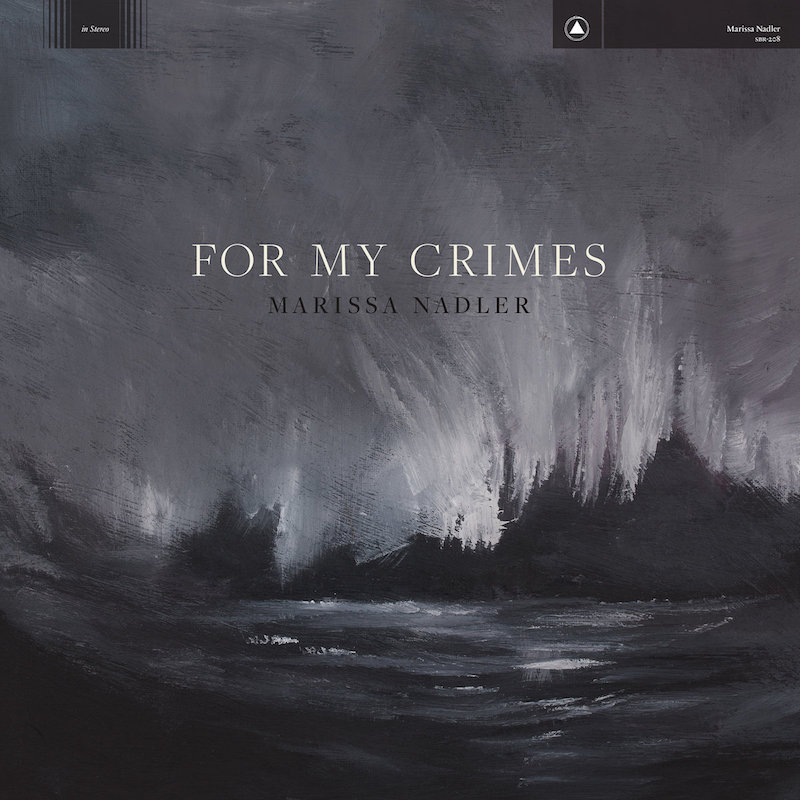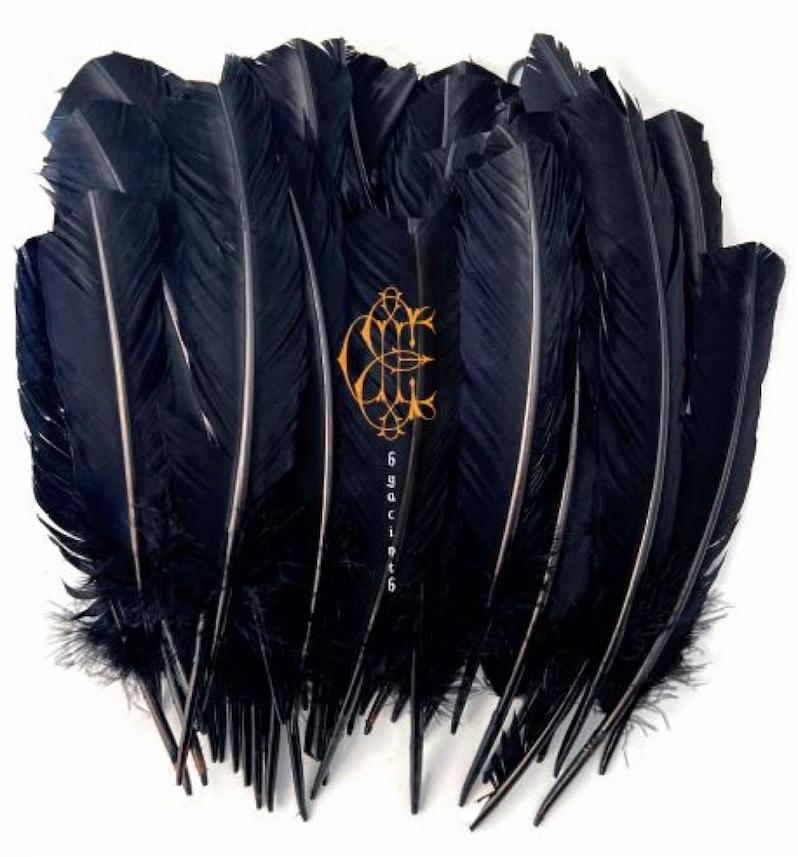David Eugene Edwards : Hyacinth
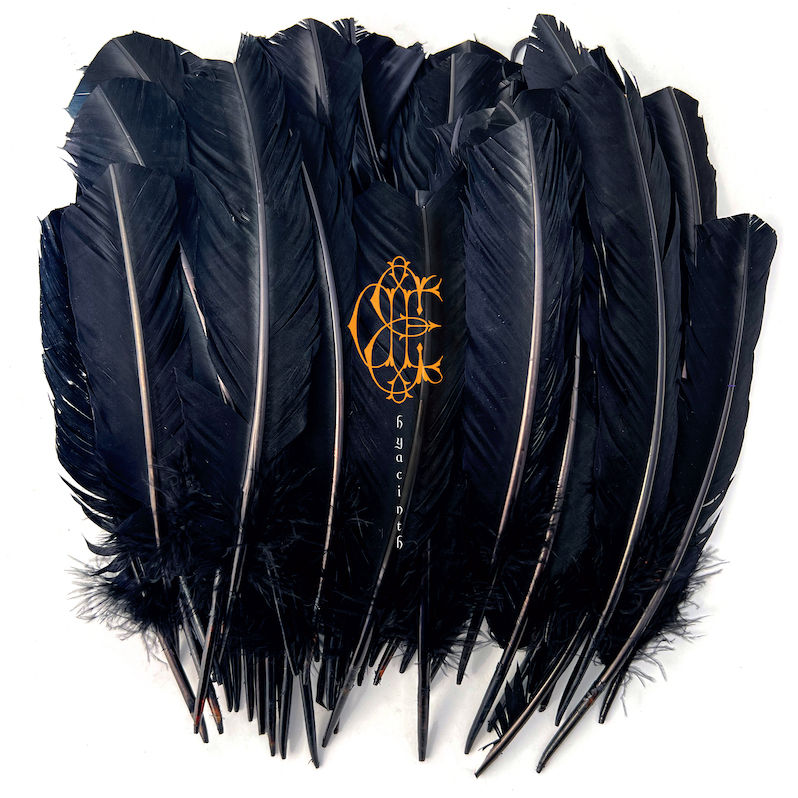
David Eugene Edwards has never required amplification to create music that feels highly charged and coursing with an uncanny power. On his 1996 debut album with former band Sixteen Horsepower, Sackcloth ‘n’ Ashes, the Colorado-born singer/songwriter merged disparate aesthetics of The Gun Club and old-time Americana, crafting haunted Old Testament dirges through primarily acoustic instruments like banjo and bandoneon. Even with the volume cranked and the fuzz enhanced on albums like Low Estate or much of his tempestuous work with Wovenhand, Edwards is always the most intense element of the music he makes, a figure who speaks through spiritual imagery and the voice of a soothsayer. To hear his music is to feel its impact.
Hyacinth only seems to amplify that intensity, even as Edwards returns anew to a primarily acoustic approach, its songs written largely on an old banjo and nylon-string guitar. His first proper solo album after two decades with Wovenhand, Hyacinth is draped in apocalyptic pall and chilly tendrils of darkwave, its atmosphere co-crafted by producer Ben Chisholm, whose work with Converge and Chelsea Wolfe would certainly qualify him for splashing the canvas with doom and portent. But even amid the subtler moments, wherein the gentle plucks of Edwards’ guitar are left to resonate on their own amid his commanding vocal delivery, Hyacinth is a commanding set of songs.
If Hyacinth isn’t Edwards’ loudest album, perhaps paradoxically, it feels often like his heaviest—not in the sense of riffs or literal cacophony, but in the lingering sense of darkness that permeates each song. Inspired in part by the Greek myth of Apollo and Hyacinthus and born of a conceptual effort to intertwine the lessons of the ancients with a more modern struggle, it draws a parallel with its own juxtaposition of acoustic instruments against eerie ambience. The distorted vocal effects and pulsing synthesizers next to nylon strums on industrial-tinged opener “Seraph” present the starkest contrast between the two, though the album’s most haunting moments are frequently those that allow more space between the thunder and the soil. “Howling Flower” is one such moment, a gorgeously understated dirge built on ominous ambience and intricate finger-picked melodies. “Bright Boy” is another, Edwards’ austere strums chiming against the sputter of a dying drum machine. Only closer “The Cuckoo,” based on a traditional folk song (which Edwards has done before on albums like Folklore), explicitly draws a line back to the folk and bluegrass at the roots of his earlier music, rollicking even as carries the gothic cloak that drifts throughout.
Over Edwards’ more than three decades of making music, his musical universe has expanded as much in palette as in personnel. Likewise, his perspective shifts here as well, fixed less on more harrowing matters of existence and introspective struggle as it is more poetic and mystical visions informed by a wider array of mythological and metaphorical figures. The end result, however, is one that feels largely of a piece with his prior work, drawing from a slightly different lexicon of references even as it bends toward a similarly anguished search for meaning. A different dark night, perhaps, but it’s no less an excavation of the soul.
Label: Sargent House
Year: 2023
Similar Albums:
When you buy something through our affiliate links, Treble receives a commission. All albums we cover are chosen by our editors and contributors.
Jeff Terich is the founder and editor of Treble. He's been writing about music for 20 years and has been published at American Songwriter, Bandcamp Daily, Reverb, Spin, Stereogum, uDiscoverMusic, VinylMePlease and some others that he's forgetting right now. He's still not tired of it.


